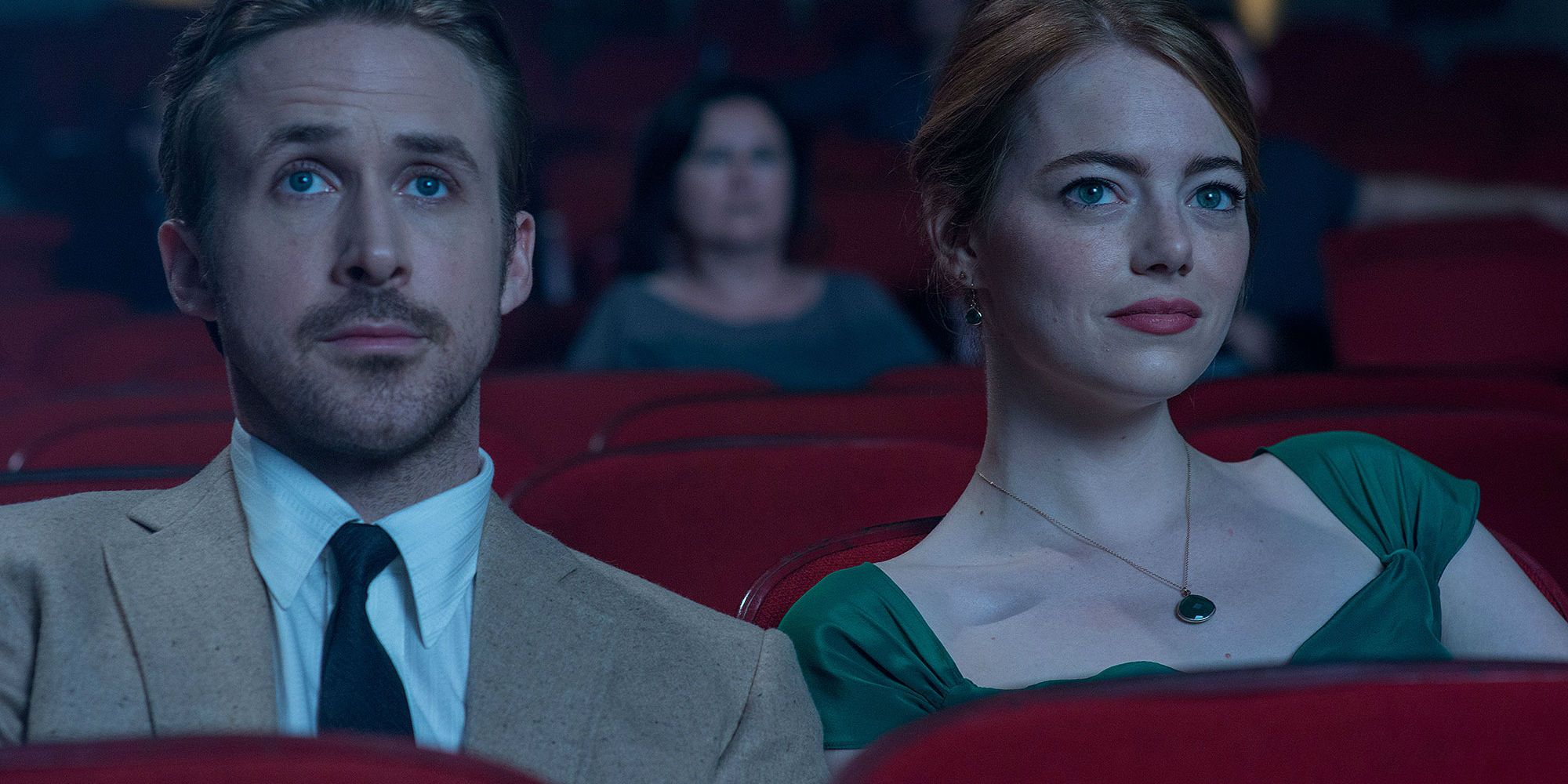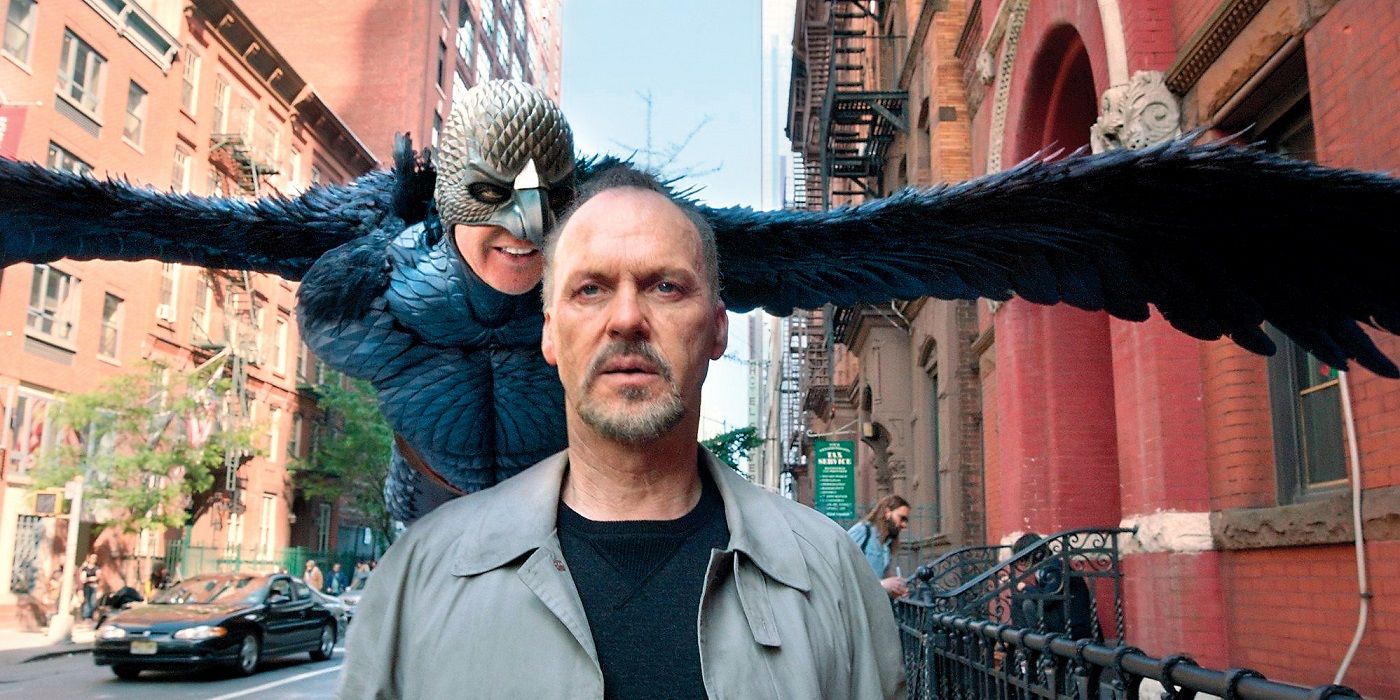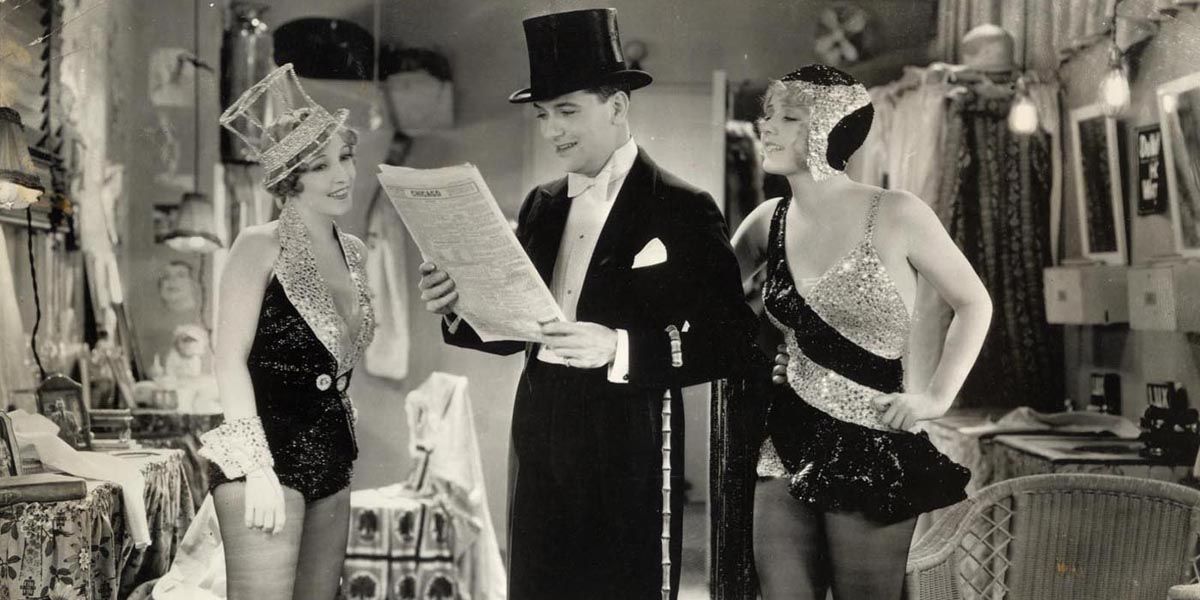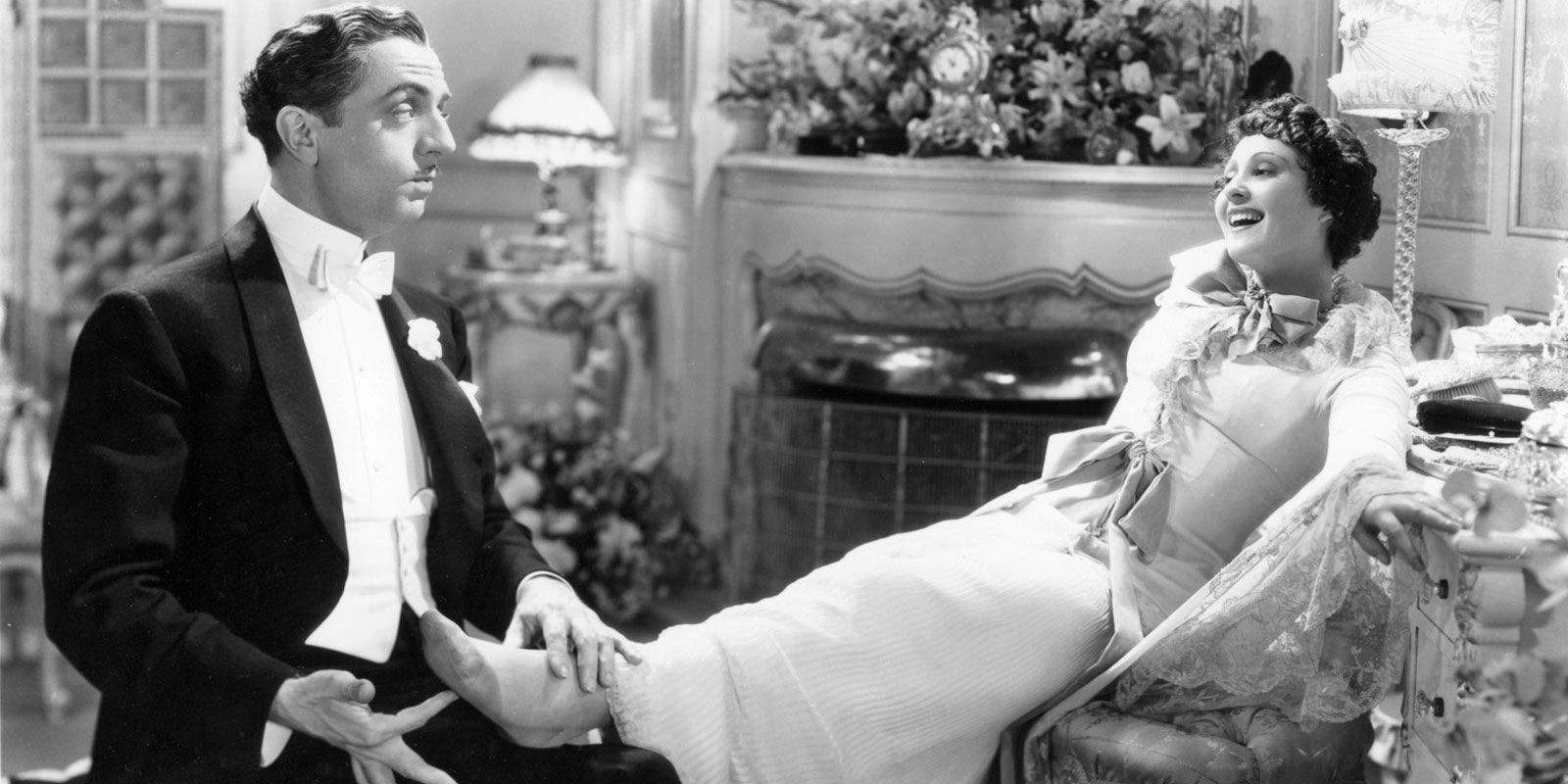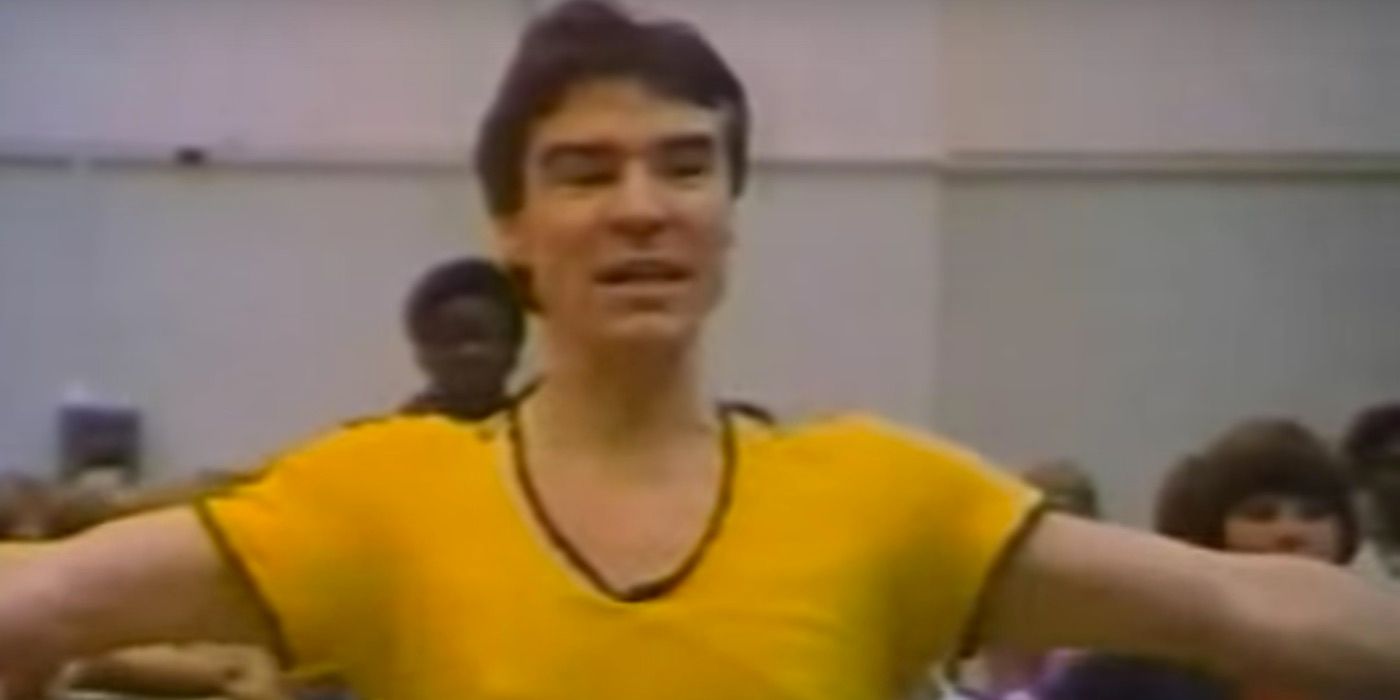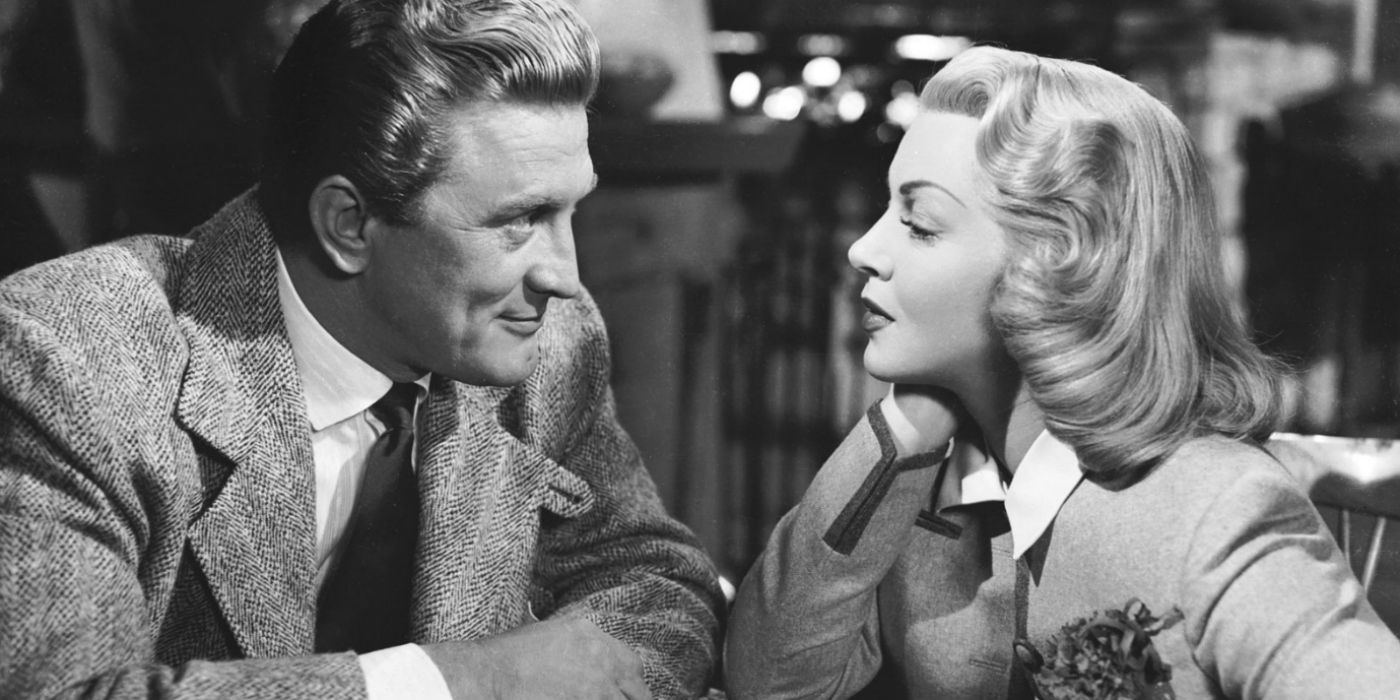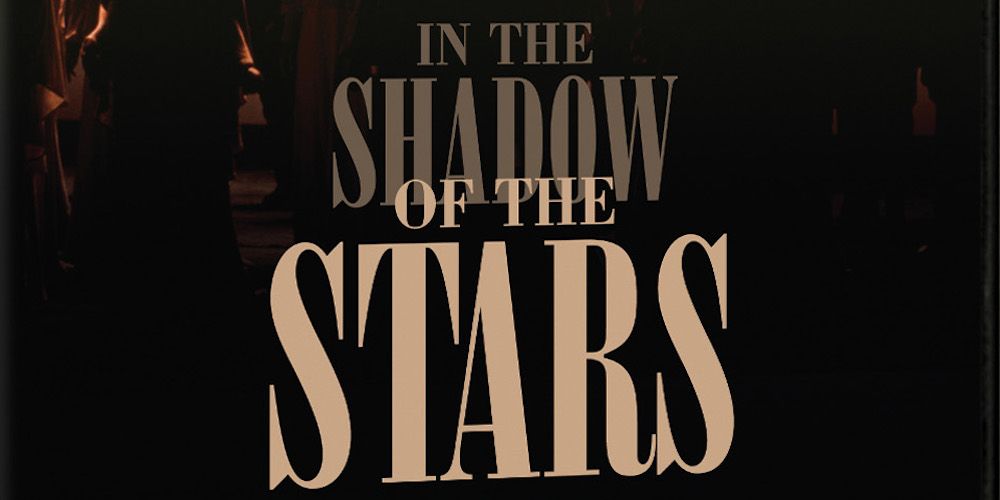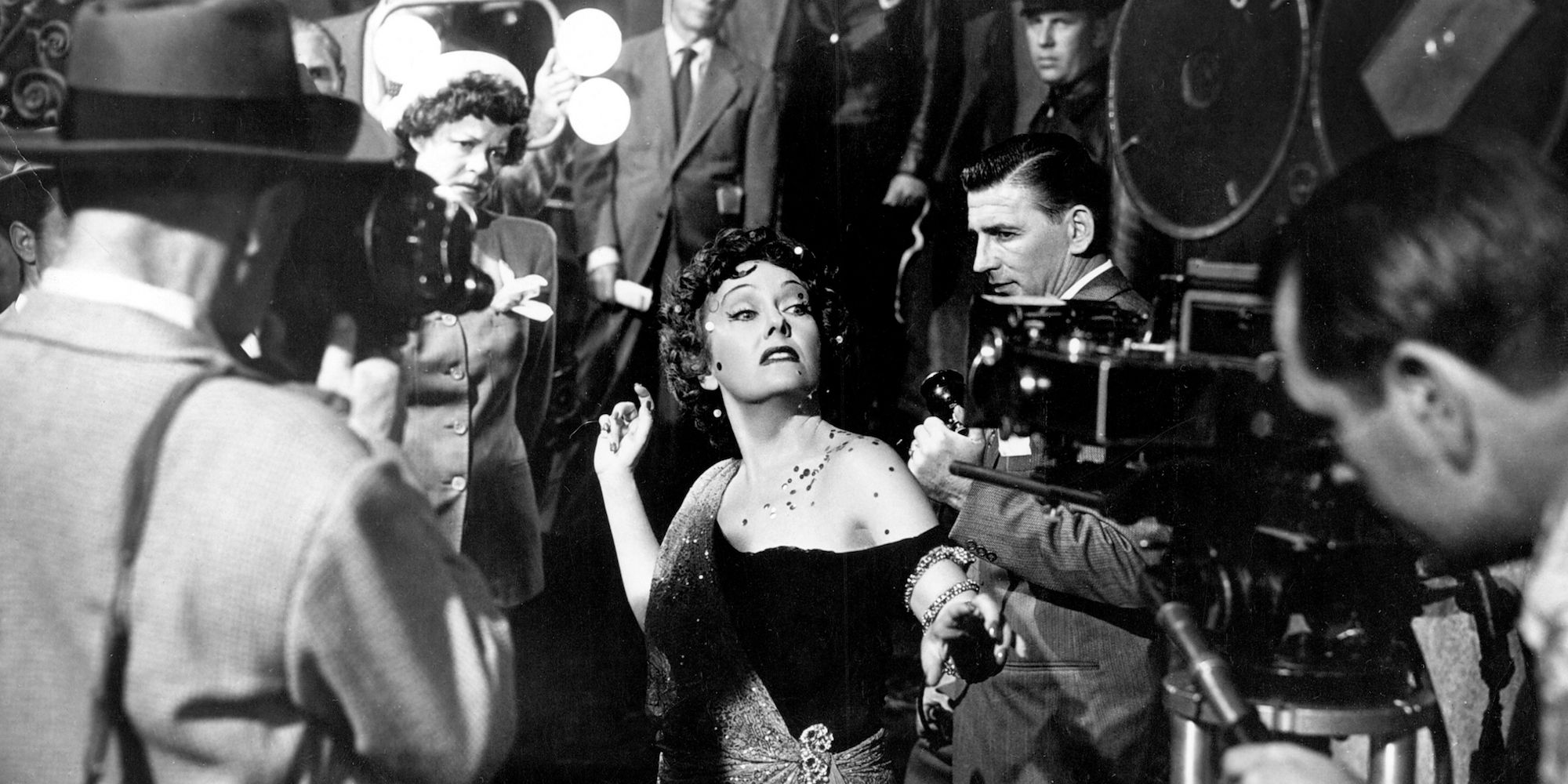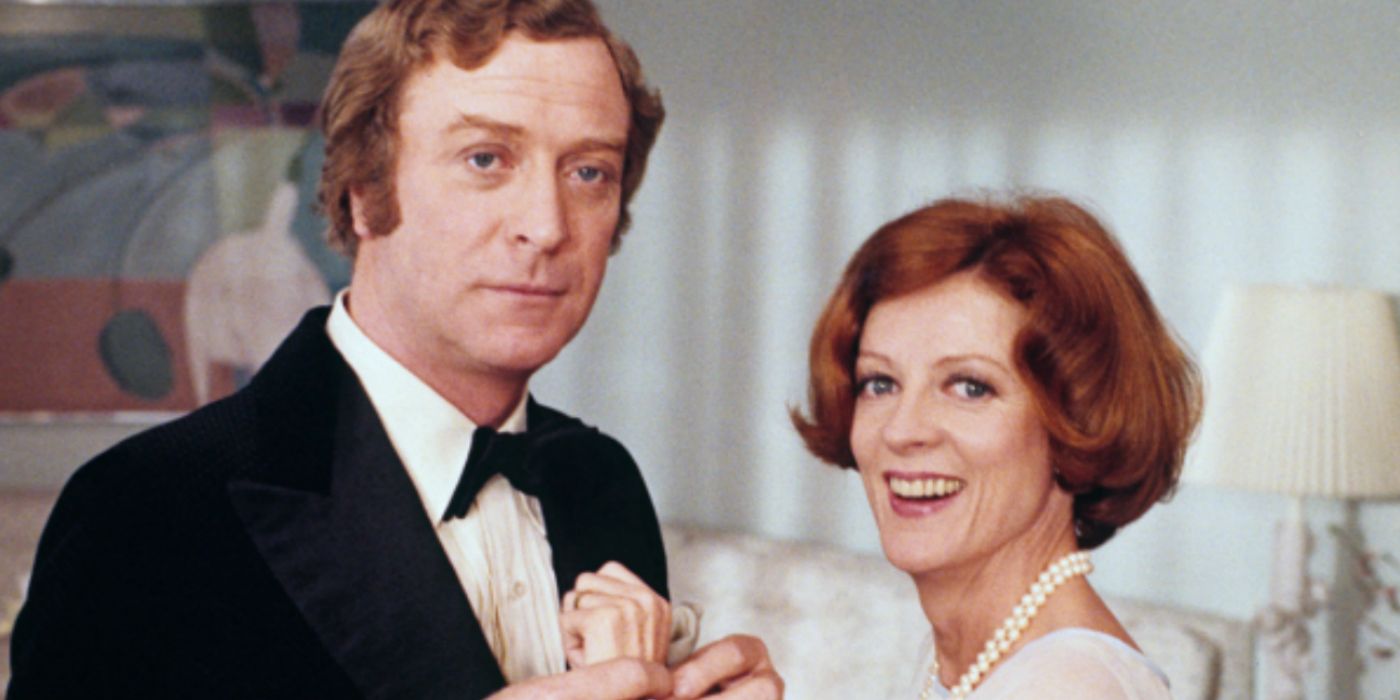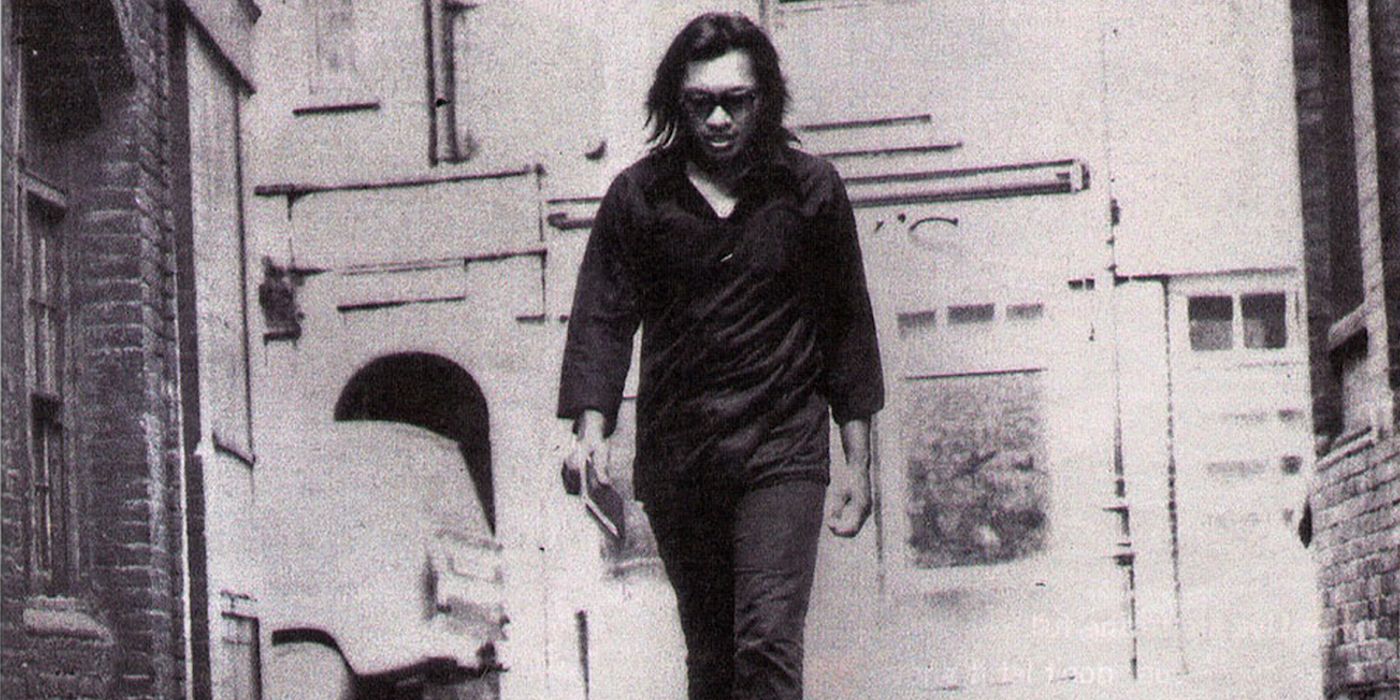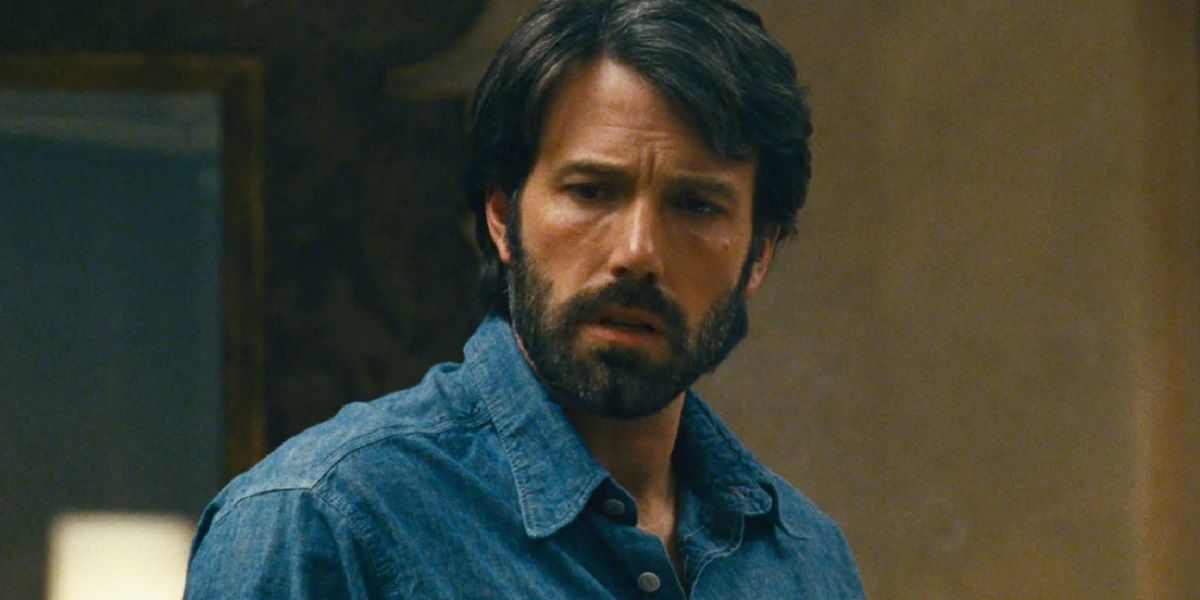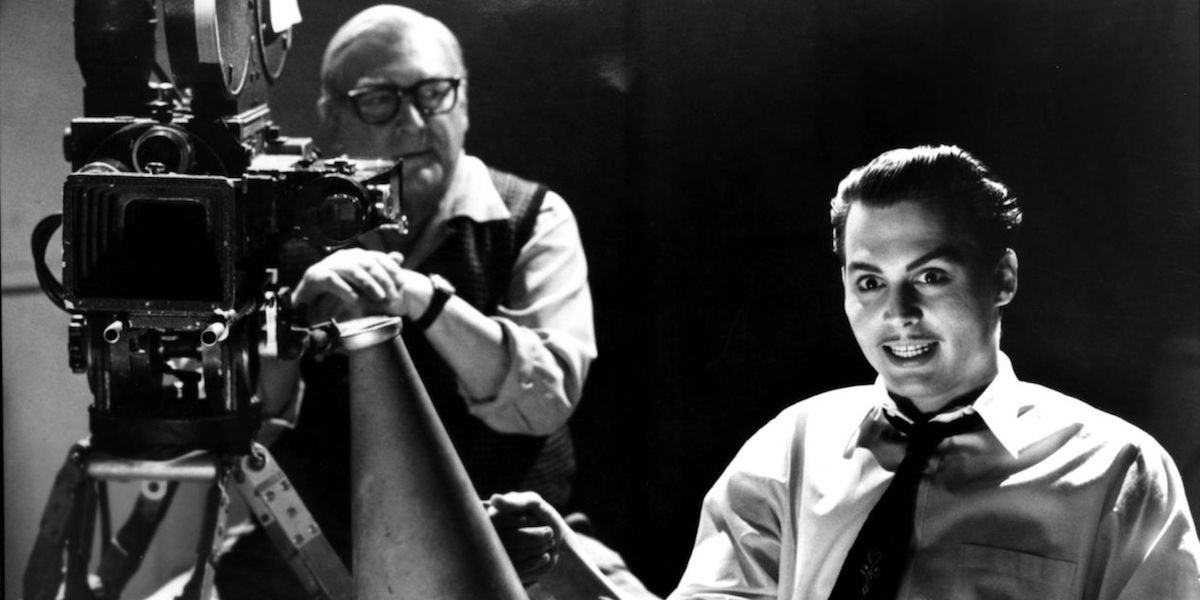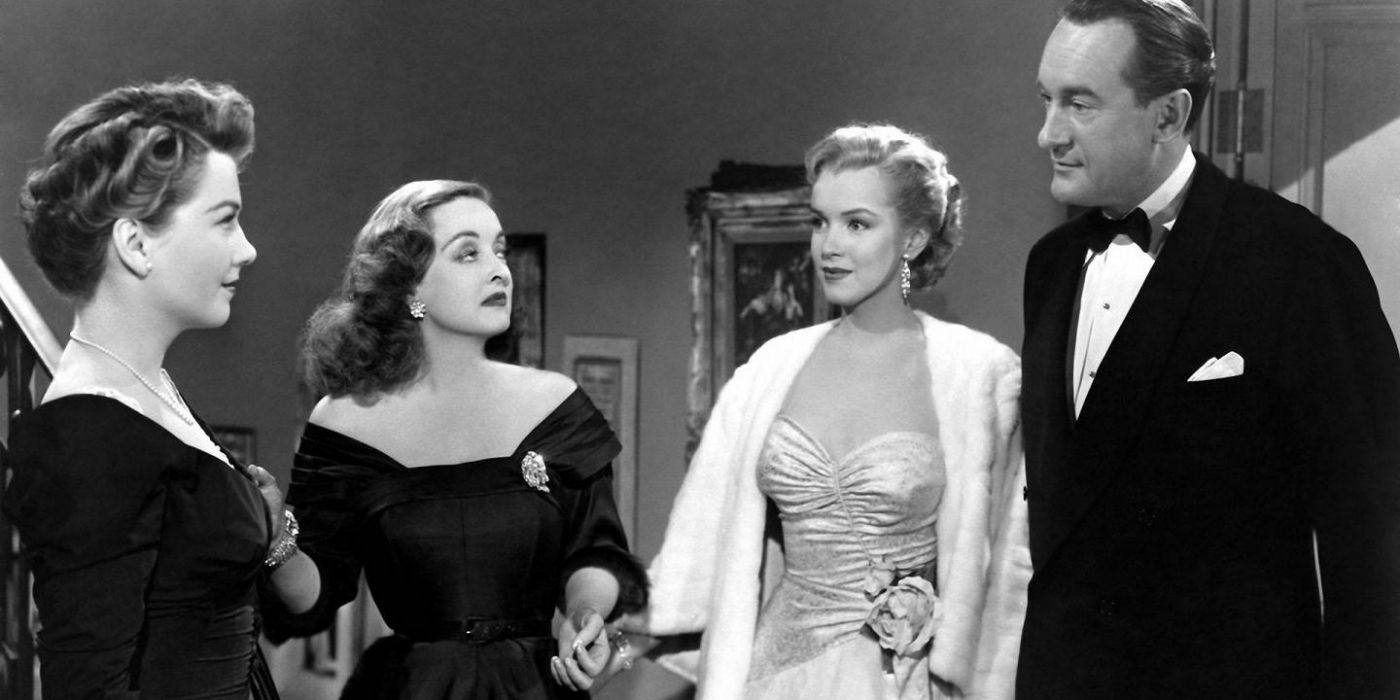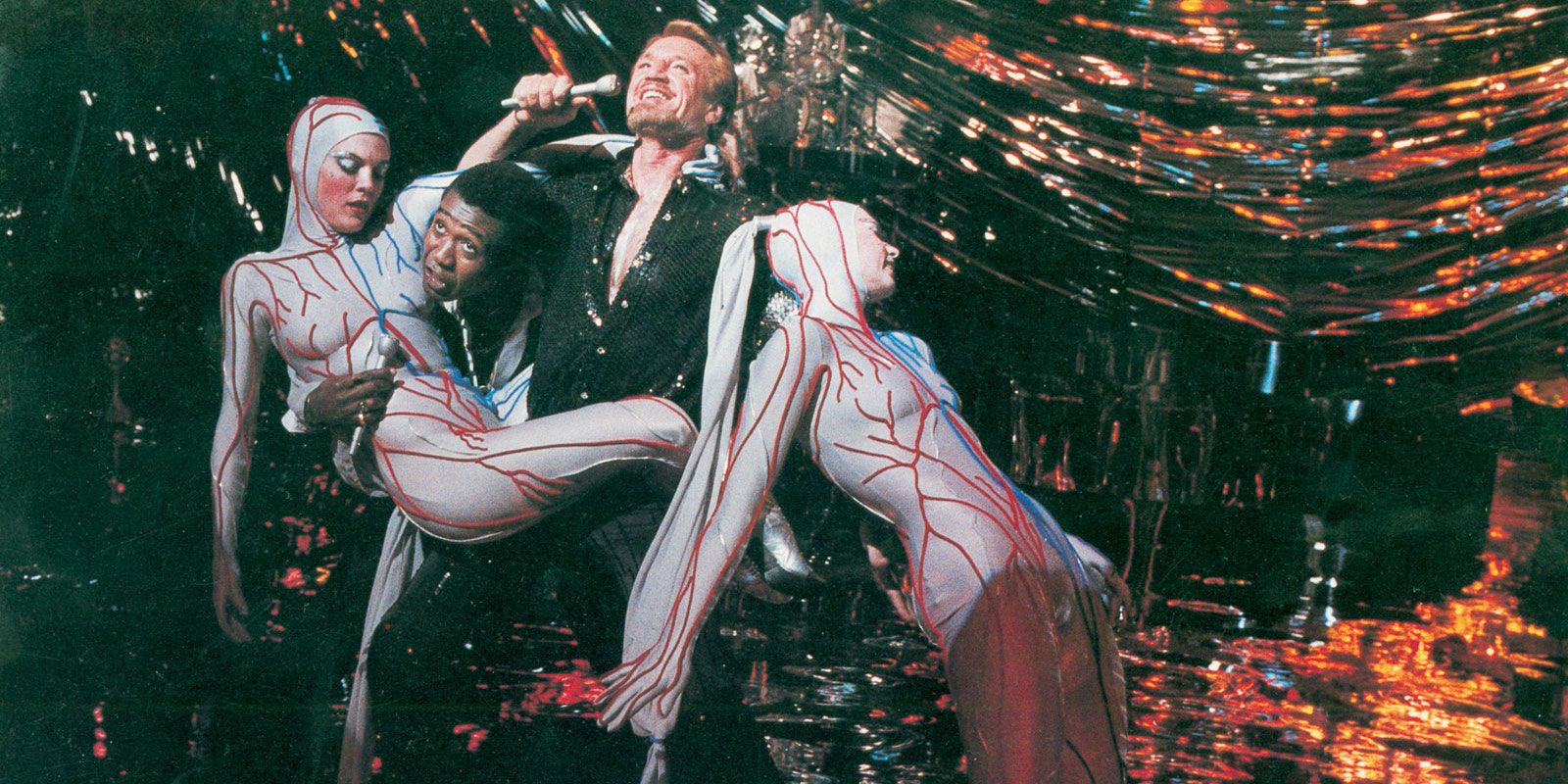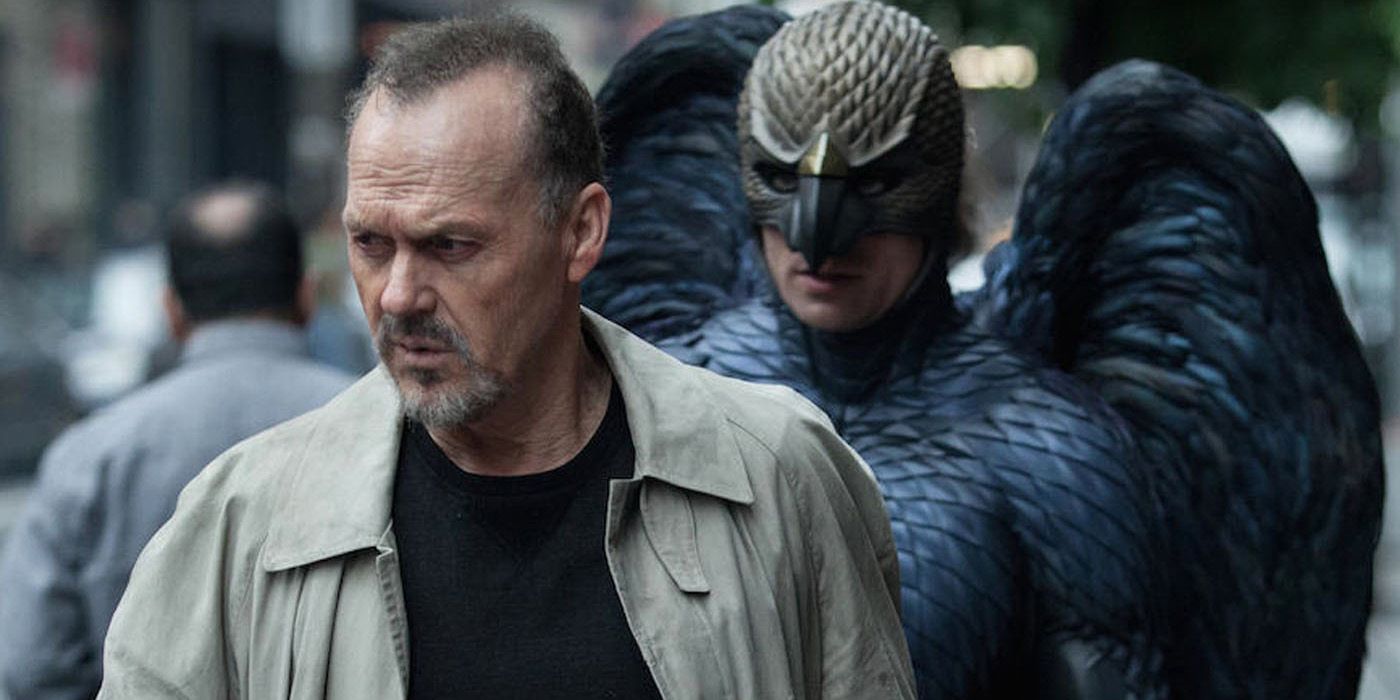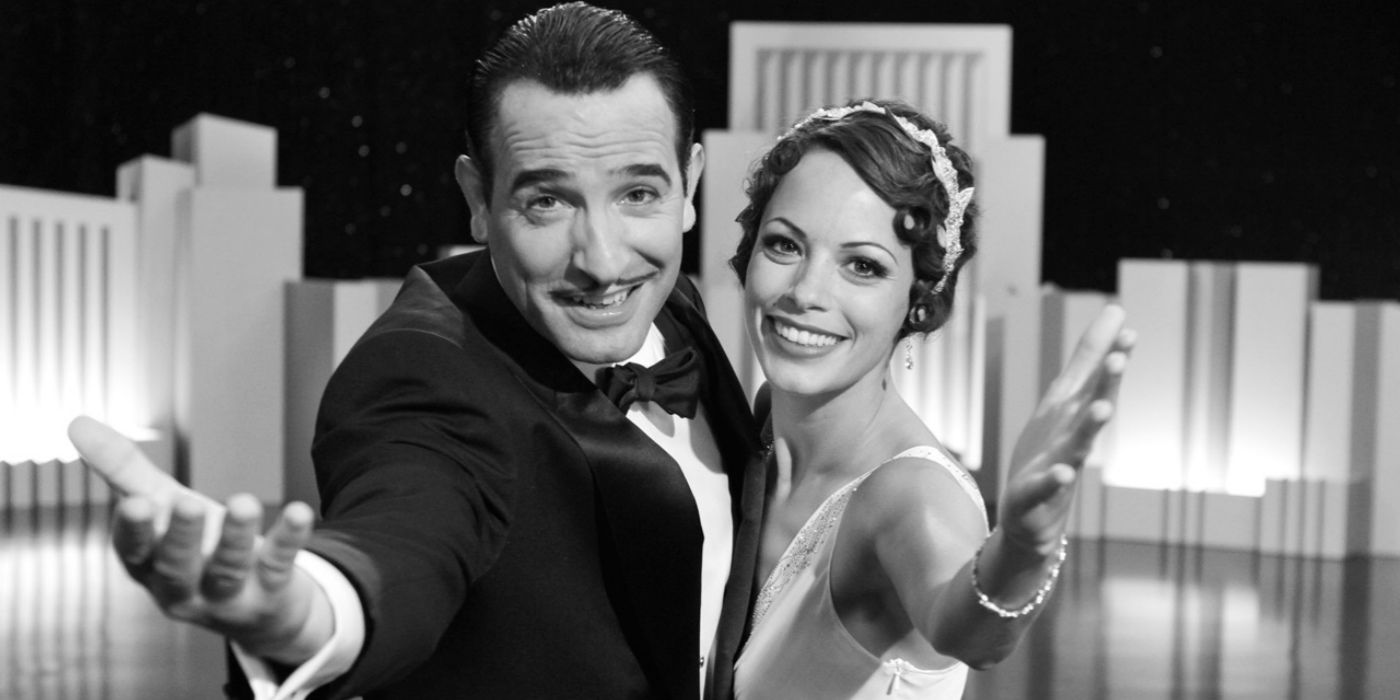Hollywood has a penchant for bestowing nominations and awards on films that depict aspects of their own industry. In fact, two of the three films with the highest number of Oscar nominations ever revolve around the entertainment industry: All About Eve and La La Land. While it is hard not to see the connection between the content and the wins, we would be remiss to suggest that they all place Hollywood in a good light, as some of the awards went to films that show the sometimes tragic reality of show biz.
This list ranges from some of the earliest talking pictures to the most modern of adaptations that look back on the best and worst that Hollywood has to offer. The technicolor world made out of music and machine, where one can be immersed in the glamor, horrors, triumphs, and challenges of entertainment is always an interesting one. As we approach the 89th Annual Academy Awards, let’s look back at the long history of these awards and The 16 Times the Entertainment Industry has Rewarded Itself, for better or for worse.
This list is in no way meant to suggest that none of these films deserved the accolades that they received, but more to point out that it is not all that surprising that they did. Although not always the case, there seems to be a trend when a film or documentary contains content related to the entertainment industry. Hollywood certainly likes to congratulate itself.
16. La La Land (2016)
This charming quasi-musical follows the lives of Mia (Emma Stone), a barista with aspirations of acting, and Sebastian (Ryan Gosling), a jazz fanatic who dreams of owning a jazz bar of his own. The two meet for the first time at the end of a whirlwind musical number on the 105-110 interchange, set during an experience all too many LA natives are familiar with: a traffic jam. The film follows them through the highs and lows of a year in their relationship as they each fight for their dreams in a place that is all too often consumed by them.
Although this film has yet to officially win any Academy Awards, it stands poised to. At the Golden Globes this year, it received 6 prestigious awards, including Best Actor and Actress, Best Musical or Comedy Motion Picture, and Best Director. For the Academy Awards, it received 14 nominations, tying All About Eve (also included in this list) and Titanic for most nominations ever. It would have to win 12 awards if it wanted to take the title of most Oscar wins, which is not as likely, but it stands to reason that it will win in at least a few of the major categories, namely Best Actress (Emma Stone), Director or Screenplay (Damien Chazelle).
15. The Broadway Melody (1929)
Broadway Melody of 1929 (often titled without the year, as this was the original in the series) is the somewhat tragic story of sisters within the performance industry. Queenie, becoming increasingly entangled in an unhealthy relationship, eventually settles with the former fiance of her sister, who gives up her own chance at love to protect her beloved sibling. Although the jazz-inspired musical numbers are exhilarating in their novelty, the film as a whole is quite a downer.
The final “sequel” to this film, The Broadway Melody of 1940, was cited as an inspiration by La La Land director Damien Chazelle. However, it is the original Broadway Melody that took home the coveted Best Picture Award at the 1930 Academy Awards. This is perhaps one of the best examples of a film winning for its significance to the entertainment industry. In its day, it was a novel undertaking to present an early musical, and it was, in fact, the first sound picture to win, but it has not held up to the test of time. In fact, the film only has a 35% on Rotten Tomatoes (the next in the series has an 83%, for comparison's sake), which is surprisingly low for a Best Picture. It's actually regarded as one of the worst Best Picture winners ever, thereby solidifying its place on our list.
14. The Great Ziegfeld (1936)
Something of a double-reward to entertainment, this film is a fictionalized homage to Florenz Ziegfeld Jr. and his show, Ziegfeld’s Follies. The film itself incorporated some of the actual performers from the stage show in elaborate musical numbers; of particular significance is the cake routine, which featured a 100-ton stairwell cake (that cost $200,000) with glamorized American girls. Overall, the story shows the grand side of Ziegfeld’s life, while also showing the sorrow that followed his financial ruin and his eventual death.
As for its accolades, the Great Ziegfeld won three Academy Awards for Best Picture, Best Actress, and Best Dance Direction (an award that no longer exists). While it was renowned for the sheer size of its undertaking -- requiring nearly 1000 cast and crew members and 6 months of costume preparation -- it currently stands as an overly grandiose show of excessive length (10-minute shy of 3-hours). Once again, this film demonstrates the extravagance of entertainment and the accolades it can provide.
13. He Makes Me Feel Like Dancin' (1983)
This delightfully energetic documentary (watch it here) is about Jacques d’Amboise, a former ballet performer who was known for not only his stage performances but for his work in several films, which included playing one of the brothers in Seven Brides for Seven Brothers. The documentary follows along within his dance classes as he instructs children of various ages. The film is beautifully simple in its portrayal of d’Amboise, and the connection and energy that he had with students. Dizzying at some points, we see d’Amboise’s New York program grow from 30 students in his original class to roughly 1000.
One of the interesting details about this documentary’s critical acclaim is that it won the Academy Award for Best Documentary Feature while also notching an Emmy win for Best Children’s Programming. The infectious personality of d’Amboise and the commitment and enthusiasm of the kids is likely why this documentary won; it’s hard to argue with a film that shows the importance of art in the lives of children.
Once you try something, you can do it. Easy as that.
12. The Bad and the Beautiful (1952)
In an interesting and introspective melodrama about Hollywood, Kirk Douglas portrays the exploitative film producer Jonathan Shields. Through its storytelling format, three individuals explain how Shields ruined their lives as he manipulated and betrayed each of them, to his own benefit. And yet, in an odd way, these stories only reveal that if he had not used and betrayed each of them, they would not be in their current positions within the industry, having received acclaim for the work they did once parting with him. The Bad and the Beautiful is a truly cynical and poignant look at the brogues that sometimes control the industry.
It was nominated for 6 Academy Awards, and it currently holds the record for most Oscar nominations without either a Best Picture or Best Director nod. Of the nominations it did receive, only Douglas lost out on his golden statue (Best Actor went to Gary Cooper in High Noon that year). The film came out on top in the other 5 categories, and it's generally considered a solid success, maintaining a 96% on Rotten Tomatoes and turning a decent profit for its day.
11. In the Shadow of Stars (1991)
The documentary follows the San Francisco Opera through the lens of the choristers, those performing the chorus vocals and performing as backdrop characters of soldiers and peasants. Choristers are full-time performers, though they're often completely ignored because of the imposing personas of the leads and soloists. It's not the last documentary to focus on the “background figures” of entertainment, this one set the tone by shining a heartfelt light on the lives and desires of those so often overlooked on stage.
The New York Times sang its praises in their initial review, claiming that it beautifully interwove the musical and narrative experiences of these individuals. However, it's hard to find a true consensus on this one as far as critics go, as many feel it only resonates with those in the industry. In hindsight, that’s probably why the Academy liked it. This point is perhaps furthered by looking at the films which were also nominated and contained considerably more pertinent content, such as Doing Time: Life Inside the Big House, The Restless Conscience, and Death on the Job.
10. 20 Feet From Stardom (2013)
Following directly in the vocal footsteps of In the Shadow of Stars, this documentary looked at the backup singers who enrich the music industry through their undervalued performances. Perhaps as a diversion from In the Shadow of Stars, these performers, particularly Ms. Fischer, don’t necessarily desire the limelight, as might be expected. Ms. Fischer even said so much in an interview with the New York Times: "I reject the notion that the job you excel at is somehow not enough to aspire to, that there has to be something more. I love supporting other artists."
While a well-received documentary that received remarkably high reviews (it has a 99% on Rotten Tomatoes based on 110 reviews), its Best Doc win was perhaps a surprise given the heavy narrative weight of its competition, which included the Netflix Original Documentary The Square, the investigative documentary Dirty Wars, and The Act of Killing. The content pales slightly in comparison, but perhaps that’s why it won. In a dark world, perhaps Hollywood wanted a little light?
9. Sunset Boulevard (1950)
Billy Wilder’s Sunset Boulevard is a Hollywood story, as the tagline explains. More specifically, it's a black and white film about Norma Desmond, who desiderates her long lost stardom and entraps a young screenwriter to try and recapture her former fame. The story begins at the end, with a dead body floating in a pool, cycling back through time to show the circumstances that led to the fateful (and iconic) scene. The film is often heralded for this opening and the chilling conclusion, which features one of the most iconic ending lines in cinematic history: "Alright, Mr. DeMille, I’m ready for my close-up."
The 1951 Academy Awards contained some of the most evenly matched nominees in history, so understandably, they couldn’t all win. Although Gloria Swanson and the film itself did not win, it was nominated for 11 awards and won 3, including for Best Story and Screenplay. Swanson lost to Judy Holliday in Born Yesterday, and the film lost out on Best Picture to All About Eve, which we're getting to we swear.
8. California Suite (1978)
The film centers around four seemingly unrelated stories, save for the shared nature of their temporary stays in a Hollywood hotel. These individual segments look at separated parents who arrive to discuss living arrangements for their daughter, the actress and her husband who await the Academy Awards and must deal with their own faltering marriage, a man who awaits his wife only to find a prostitute in his bed, and two remaining couples who descend into bickering throughout their stay.
Ironically, Maggie Smith won Best Supporting Actress for her role as Diana Barrie, an actress that just so happens to be anxiously awaiting that year's upcoming Academy Awards ceremony. It was also nominated for Best Adapted Screenplay (Neil Simon wrote the film adaptation of his stage production of the same name) and Best Production Design, although it won neither of those awards. Lauded as a mediocre affair, it is not a highly regarded film in any other capacity, although it certainly makes for an interesting storytelling format.
7. Searching for Sugar Man (2012)
Director Malik Bendjelloul wrote and directed this documentary, which followed the story of two South Africans who sought to unravel the mystery of the rock and roll artist, Rodriguez, who had become a voice for the resistance to Apartheid in South Africa. Their initial search for the artist began with his rumored death, and led them on an investigative journey that utilized descriptive lines from his lyrics to seek out and find their musical hero.
The film won numerous awards, including the BAFTA and Academy Awards for Best Documentary. Highly regarded -- especially considering the difficulties that Bendjelloul faced in producing it, including the use of an iPhone app to complete the filming -- this documentary makes the list purely for the stiff competition it was up against that year. At the top of that list was the Palestinian occupation film 5 Broken Cameras, which had a larger spotlight shone on it the day of the Oscars when the co-director Emad Burnat was detained at LAX while on his way to the awards show.
6. Argo (2012)
Ben Affleck's Argo was loosely based on circumstances that occurred during the Iran Hostage Crisis. Ultimately, it is the story of, as Wired discussed, “How the CIA Used a Fake Sci-Fi Flick to Rescue Americans From Tehran.” The film follows CIA specialist Tony Mendez as he works out a plan to rescue 6 embassy staff members who avoided terrorist capture. Drawing inspiration from Battle for the Planet of the Apes, Mendez and his team dream up a fake sci-fi flick and enter the war-torn country under the guise of industry folk who are scouting locations for their Apes-esque feature.
This film was well received (barring some criticism about the liberties taken with the story), but it landed in a year where the film, acting, and screenwriting award categories were divided -- an uncommon occurrence in Hollywood these days. Argo won for Best Picture, Best Writing Adapted Screenplay, and Best Film Editing, but Ben Affleck was not nominated for Best Actor or Best Director (Daniel Day-Lewis won for Lincoln and Ang Lee won for Life of Pi, respectively). Although it was not a sweeping win, this film stands on this list as an example of Hollywood literally saving the day.
5. Ed Wood (1994)
This film is a biopic of sorts about the famed filmmaker Ed Wood, who created novel B-films of the monster movie variety. As such, it was directed by the one individual who could possibly accurately portray and emulate that (Tim Burton), and for that, the film was critically acclaimed. It struggled somewhat finding a home, bouncing around between various production companies before finally finding a place at Touchstone, where it could be filmed in the black and white format that Burton envisioned. The story follows Wood’s ventures to complete his films and the unique private life that he lived.
The film holds a 92% on Rotten Tomatoes, but failed to make back anywhere near its production costs, unfortunately. Come Oscar season, this film won for Best Supporting Actor (Martin Landau) and Best Makeup, the only two categories it was nominated in. If the Best Picture category were expanded to its current 10 film limit, it seems likely that this film would have received a little more love.
4. All About Eve (1950)
We promised we'd get here, right? Not unlike many of the winning storylines of the aforementioned films, this one centers on an aging actress, Margot Channing (Bette Davis), who stands to be upstaged by a younger counterpart, Eve Harrington (Anne Baxter). Eve slowly integrates herself into the life of Margot, conniving her way to the top by utilizing the life and relationships of her predecessor. Given the similar nature of the aging character in Sunset Boulevard, and the fact that they shared the awards spotlight, the two films are often discussed in a similar breath as outstanding and unique portrayals of the star life.
"Fasten your seatbelts. It’s going to be a bumpy night."
All About Eve was nominated for a record holding 14 awards (tied now with Titanic and La La Land) and won 6, including what are arguably the biggest awards of the night, in Best Picture and Best Director. The film managed to beat out rival Sunset Boulevard in several categories. For director Joseph L. Mankiewicz, this was his second Best Director win in a row (having won for A Letter to Three Wives in 1950), a feat that wasn't repeated until Alejandro González Iñárritu won the award for Birdman in 2015 and The Revenant the following year.
3. All That Jazz (1979)
This sits as perhaps one of the oddest entries in this list, as it walks the fine line between being a biopic and an original story. Bob Fosse wrote and directed the film, which focuses on Joe Gideon (Roy Scheider) as he hyperactively establishes his career, showing little concern for anyone but himself and the productions that he is creating. The film reaches a tragic conclusion, with Gideon dying of heart attack.
All That Jazz won the Palme d’Or at the Cannes Film Festival in 1980, and at the Oscars, it was nominated for nine awards, winning four. The film took home the gold for Best Film Editing, Costume Design, Production Design, and Original Score, though it lost out on the major awards to Kramer vs. Kramer. In 2001, the film was added to the National Film Registry through the Library of Congress. All in all, it racked up fairly significant levels of success, given the respectable but not off-the-charts 85% Rotten Tomatoes score and some of the scathing reviews it received at the time.
2. Birdman, or (the Unexpected Virtue of Ignorance) (2014)
As with many of Hollywood’s favorite films, Birdman follows a struggling actor, Riggan Thomson (Michael Keaton) who is trying to stage a Broadway production to revitalize his career. In the film's world, Thompson has had a tough time topping his former superhero role as Birdman, thereby providing the movie with its biggest claim to fame -- it's essentially one big homage to Keaton’s real-life history playing Batman in the late '80s and early '90s. Through some clever camera play, the film seemingly follows along a single shot, showing the constant motion of the play from previews to the opening.
Birdman stands as a shining example of a film that fully-deserved its widespread critical acclaim, given its unique visual style, cinematography, and overall storytelling form. However, it was in some ways a surprising Best Picture win when looking at the list of nominees that year, having beat out the likes of Whiplash, The Imitation Game, Selma, and Boyhood. In the end, the visual portrayal of the acting world won the day. This was the first of Iñárritu’s consecutive Best Director wins, with the second coming a year later in The Revenant.
1. The Artist (2011)
Hearkening back to the era of silent, black and white films, The Artist captured the attention of audiences and critics alike with the tale of a man and a woman seeking a place in the ever-changing landscape of Hollywood. While it follows a storyline that in some regard resembles that of A Star Is Born -- with a fading star trying to balance his own position in Hollywood while a rising starlet begins to outshine him -- it was the exquisite transition between silence and sound that truly set this one apart. This film brings a truly dynamic approach to branching the now bygone film production techniques and modern formats.
Ultimately, the film won 5 of its 10 nominations, including for Best Picture, Best Director, and Best Actor in a Lead Role. Perhaps fittingly for this list, The Artist tied with Hugo (which incorporates the cinematic works of film legend Georges Méliès) for most wins that Oscar season.
--
What other Oscar-winning flicks pay homage to the film industry? Did the Academy over-reward itself with any of the efforts listed above? Sound off in the comments.

